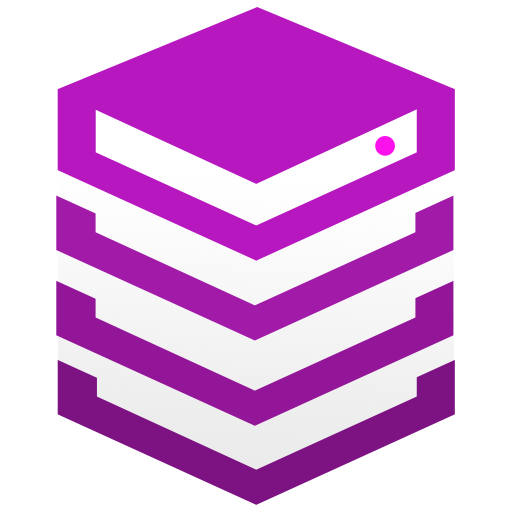How to manage email conversations in Gmail
In the previous tutorial, we showed you how to manage labels in Gmail. Before you find out how to actually apply those labels to conversations, you need to learn how to select and manage conversations.
To begin, you should know the different ways to select conversations in Gmail. First, you can select them one by one.
Use their checkboxes to do that.
We are currently viewing the Inbox, so clicking the All or None links will select or deselect all conversations in the Inbox, respectively.
Read and Unread will select only those conversations that have or have not been read.
Starring a conversation allows you to keep track of those you feel to be more important.
Click the greyed out star next to a conversation to star it.
With that done, we can now take advantage of the Starred and Unstarred selection links to select those conversations that have been starred and those that haven't.
Now that you know how to select conversations, let's see what we can do with them once they've been selected.
Click More actions.
This submenu allows you to perform a number of useful actions.
Let's mark this conversation as unread.
Notice that it now shows up in bold.
Now, let's Archive all the Unstarred conversations.
When you archive conversations, they are no longer visible in the Inbox. They haven't been deleted or moved to the Trash; they'll still show up everywhere they would normally, just not in the Inbox.
That means our archived messages will always show up under All Mail.
Here they are, in All Mail. Archived conversations can be moved back to the Inbox using this button.
Next, let's select the same messages, but this time Delete them, thus moving them to the Trash.
As this message informs us, if we move conversations from All Mail to the Trash, they will no longer be visible anywhere but the Trash. All labels previously applied to the conversations will not work unless they are moved back out of the Trash.
Click OK to proceed.
Let's find the conversations in the Trash.
With this button you can delete specific messages forever, while Empty Trash now allows you to delete every message that currently resides in the Trash.
You should note that messages that have been in Trash more than 30 days will be automatically deleted.
Google recommends you don't move conversations to the Trash unless you're absolutely sure you won't want them in the future; instead, use the Archive feature. With over seven gigabytes of storage available to every Gmail account, you're more than capable of keeping every single message ever sent or received by your account.
We'll move these back to the Inbox. First, select each one.
Then, click in this area, hold down the mouse button, and drag the cursor over to the inbox.
You should see a message pop up underneath your cursor indicating how many conversations you're dragging -- in our case, three.
Now let go of the mouse button.
The conversations now reside in the Inbox. Go there now.
You should also know how to report a conversation as spam.
Simply choose one in the list...
...then click Report spam.
Notice that Spam now has one unread message in it.
Spam functions similarly to Trash. You have a Delete forever button plus a Delete all spam messages now link. Messages that have been in Spam for more than 30 days will automatically be deleted -- just like with Trash.
If you have incorrectly marked a message as spam, the Not spam button will be of assistance.
Choose the message.
Then click Not spam.
The conversation has been unmarked as spam and moved back to the Inbox.
You should note that all of the management buttons will function exactly the same way when viewing a conversation. Having already selected a conversation by viewing it, the buttons will function right away.
For example... open a conversation.
All of these actions will function using the conversation that is currently open.
This completes the tutorial. You now know how to manage conversations in Gmail. To find out how to put all the knowledge from the past two tutorials together, watch the tutorial that follows.

